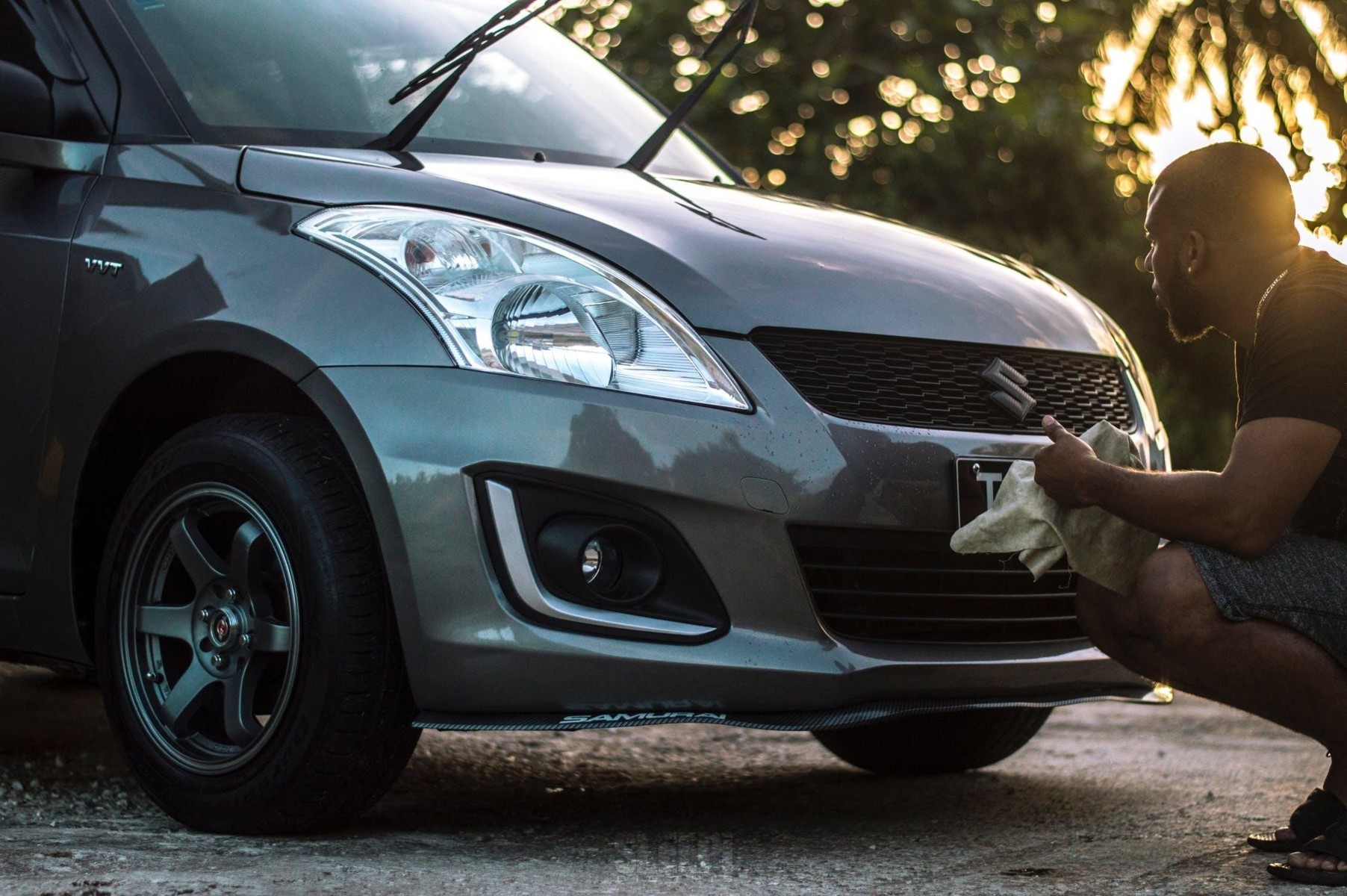What to Do After a Car Accident: A Step-by-Step Guide
Car accidents are scary, and many are unfamiliar with what the process is afterward. Understanding how you should handle a car accident ensures you get the medical attention and insurance coverage you need. This guide highlights what to do after a car accident with an easy to follow seven-step guide.
A seven-step guide to follow after a car accident
The way you handle a car accident is important. Of course, every car accident is unique. However, you can ensure the situation is handled properly by following this seven-step guide. The seven steps to follow are:
- Check on yourself and your passengers
- Pull your car to safety (if possible)
- Check on people in other car(s)
- Call 911 and wait for assistance
- Exchange contact and insurance information
- Document the accident the best you can
- Determine if an insurance claim is necessary
Following these seven steps closely should help you remain calm and confident and handle the situation appropriately. Let’s take a closer look at each step in the process.
1. Check on yourself and your passengers
If you are involved in a car accident, the first thing you should do is remain calm and take a deep breath. First, check on your own well-being. If you have any injuries, then try not to move until help can arrive. Also, look around your car to see if anyone in your car is injured. If someone needs assistance and you are in a position to do so, then assist them until authorities arrive. You should also call 911 as soon as possible if you or a passenger is seriously injured.
2. Pull your car to safety (if possible)
The next step is to get your vehicle out of harm’s way. Otherwise, someone behind you may be unable to avoid your car. The Insurance Information Institute (III) advises pulling to the shoulder if possible. In addition, turn your hazard lights on so other drivers can see you. If the airbags deploy or your car is severely damaged, then you are not going to be able to move your vehicle. In this case, you should make sure that you and your passengers get off of the road until authorities arrive. If you or a passenger is severely injured, then remain in the vehicle until you receive assistance.
3. Check on people in the other car(s)
Once you ensure you and everyone in your car are not injured and you are able to get the vehicle off the road and out of harm’s way, then you can check on people in the other car. You can assist them with minor tasks such as helping them away from the road but try and avoid providing medical attention unless it is necessary to do so. If they do not need medical attention, then you can begin to exchange contact and insurance information (see below).
4. Call 911 and wait for assistance
Some states legally require you to call 911 after an accident, regardless of whether the accident was serious or minor. If there are any injuries, then it is important to call 911 as soon as possible. If there are no notable injuries, then you can call once all drivers have gotten their vehicles out of harm’s way. The dispatcher will ask a series of questions to determine what your needs are. Be sure to answer with specificity, explaining any injuries that occurred and if there are any hazards (i.e. smoke coming from one or more of the vehicles).
5. Exchange contact and insurance information immediately following the car accident
It is important to remain civil and calm after an accident when communicating with the other drivers. The III recommends changing certain contact and insurance information. This includes:
- Full name
- Contact information
- Insurance policy number
- License plate number
- Type, color and model of vehicle
It is very important for you not to admit any fault when conversing with the other drivers (this is not your determination to make. If they are unwilling to exchange information, then do not push for them to do so. Instead, wait for the police to arrive and they can handle the exchange of information for you.
6. Document the accident the best you can
While you wait for the police to arrive, take pictures of the damage to your vehicle and the other vehicles involved. You should also document the location and time of the accident. Make note of the other cars involved, including their contact, insurance, license and car information. After the police arrive, document the officer(s) badge number and name. Make sure they provide you with a copy of the accident report. If there are any witnesses at the scene, then getting their name and contact information is important as well.
7. Determine if an insurance claim is necessary for the car accident
Lastly, you must determine if you should file an insurance claim. Not all accidents require making claims, and it is often better to not make one. When determining if doing so is necessary, consider the following factors:
- Who was at fault
- The extent of the damage
- Injuries that occurred
- The extend of your coverage
- Your previous claims history
Ultimately, the decision is up to you as to whether or not you should make a claim. Some insurance providers require there to be a certain amount of damage to fill a claim. In other instances, such as if your coverage does not include medical costs, filing a claim may not be beneficial to you. Remember, claims could lead to increased insurance costs, particularly if you were at fault for the accident.
The bottom line
You should remain calm after a car accident, check on injuries, pull the car out of harm’s way, call 911 and exchange information. You will also need to determine if a claim is necessary to fix the damage to your car and address medical needs. While a car accident is never a fun experience, staying relaxed and knowing the precise steps to take can help you ensure all goes smoothly.
Image credit: https://selectinsuregroup.com/auto-insurance/

















I’m reminded that I should document everything that happens in an accident especially the location and time of the incident, contact number, driver’s license, car details, and insurance of the others involved. This is helpful since I travel a lot and admittedly, I’m not the best driver because I tend to panic. I hope I don’t get into collisions and have injuries but if I do, I’ll try my best to be level-headed and really keep this in mind. https://www.seriousinjury.legal/car-accident-cases/